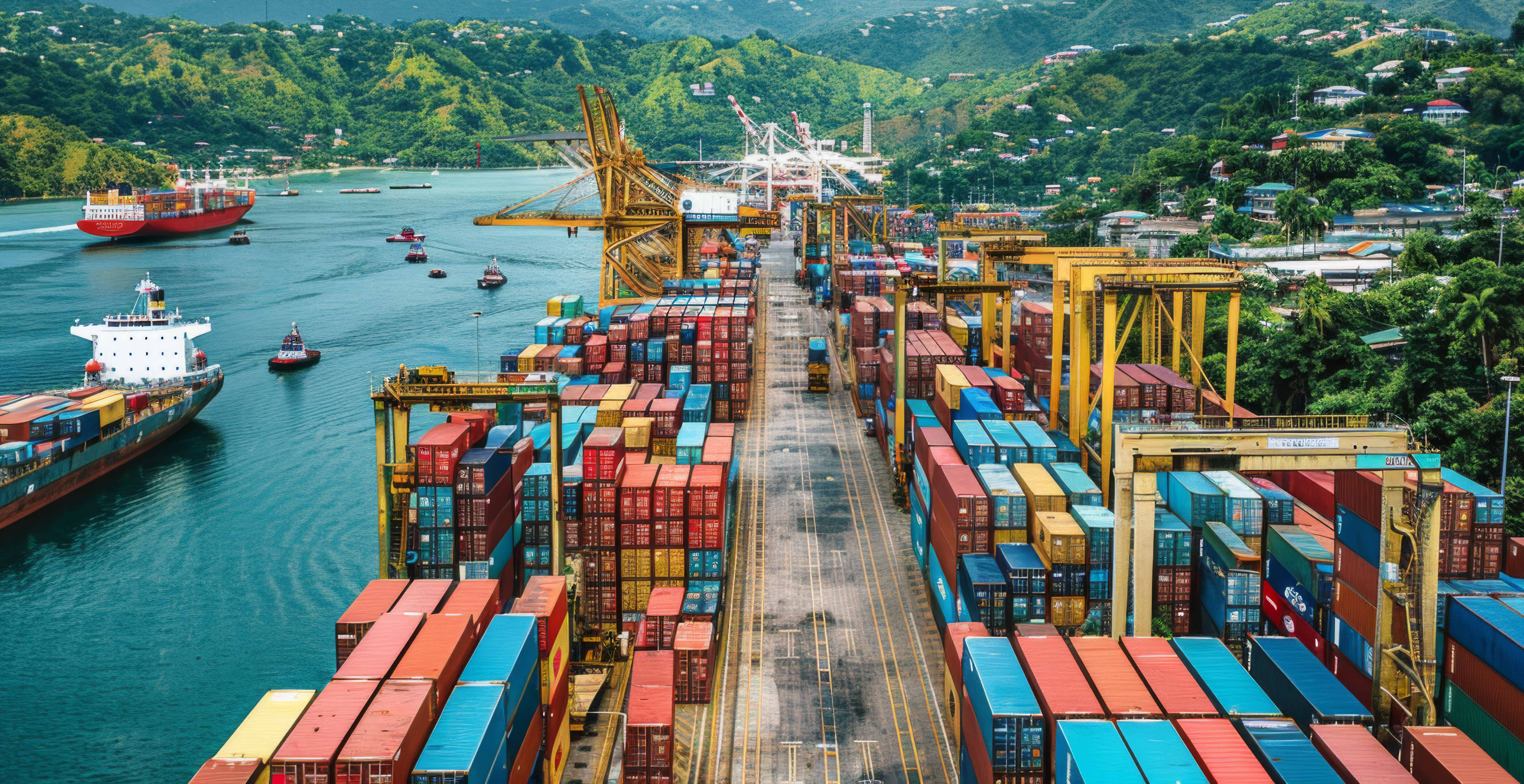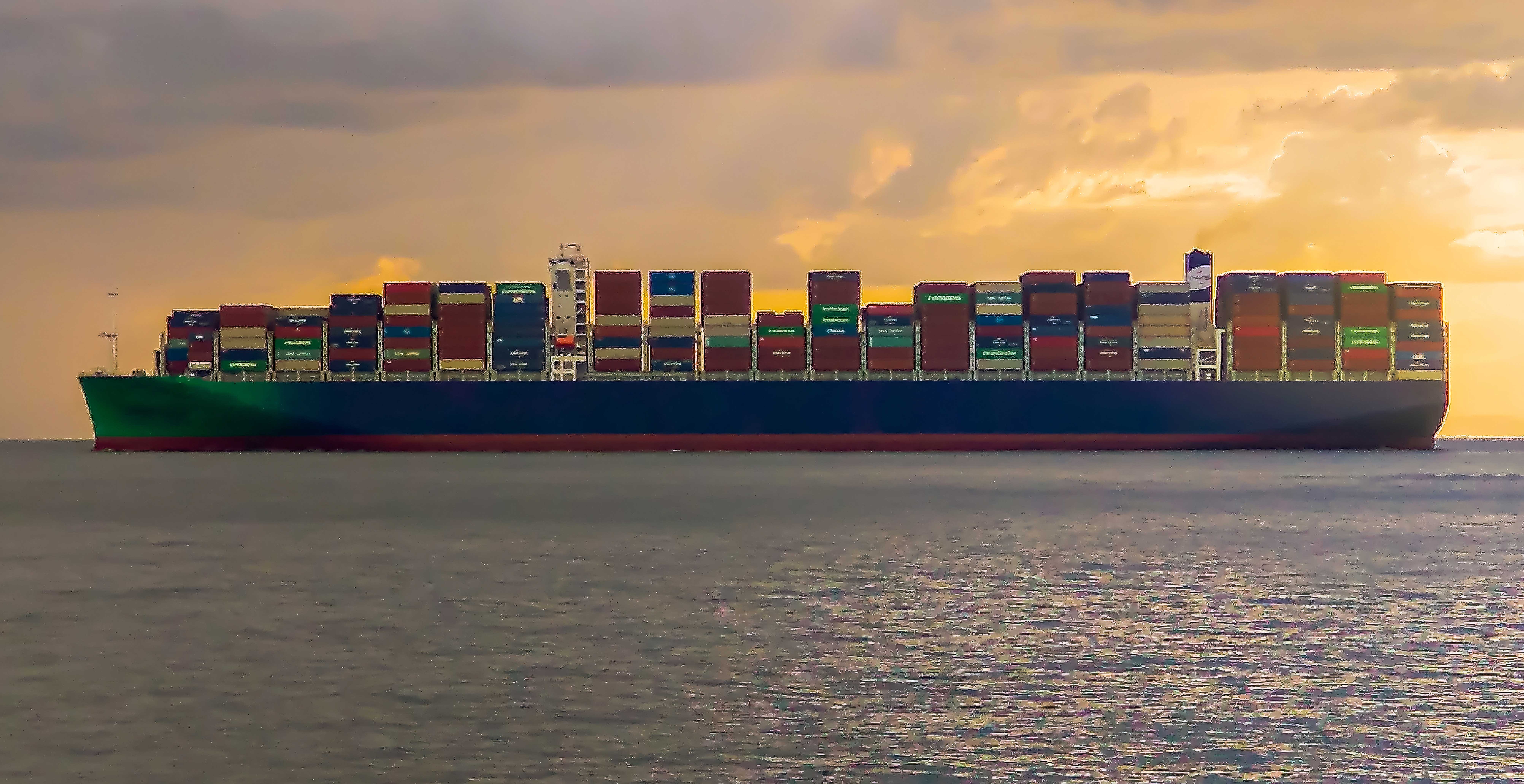
14 Aug
Things to Watch Out for Regarding Foreign Shipments
Any overseas consignment will be considered an imported item. Handling the import of these consignments is the responsibility of Customs, which ensures that the consignments comply with regulations by conducting selective customs inspections.
Here are the provisions for overseas consignments that need to be observed:
Read More: Goverment Strategy to Lower Logistics Cost To 8 Percent
1. Delivery and Tracing of Foreign Consignments
According to Encep Dudi Ginanjar, Head of the Subdirectorate of Public Relations and Customs Counseling, foreign consignments are goods sent by certain senders abroad through postal operators to certain recipients in the country. Every item sent from abroad is subject to import duty.
In this case, the postal operator acts as a proxy for the recipient of the goods (importer) to fulfill customs obligations, including the submission of import customs declaration documents and payment of import duties and taxes in the context of import (PDRI).
Read More: Maritime History of Indonesia
2. Handling of Foreign Consignment Goods by Customs
Customs is authorized to conduct customs inspection of foreign consignments, including document and physical inspection of goods. Physical inspection is carried out effectively and witnessed by the postal operator as the power of attorney of the consignee or importer. The postal operator is responsible for preparing, opening, and resealing the packaging of the inspected consignment.
Customs sets import duty and PDRI rates, including VAT, STLG, and income tax. The imposition of import duties and PDRI is not only to obtain state revenue, but also as a fiscal instrument to control imported goods to protect domestic industries, including micro, small and medium enterprises.

There are several schemes for calculating import duties and PDRI:
- Shipments with a customs value that does not exceed freight on board (FOB) USD, 3 are only subject to VAT levies, free from import duty and income tax.
- Shipments with a customs value exceeding FOB USD,3 up to USD 1,500 are subject to a 7.5 percent import duty rate, VAT, and STLG, but are exempt from income tax. Exceptions apply to cosmetics, bags, books, textile products, footwear, steel, scooters, and watches. Science books are subject to a 0 percent import duty rate and free from PDRI.
- Shipment goods with a customs value exceeding FOB USD 1,500 are subject to general import duty rates and PDRI.
- Mail, postcards, and documents are exempt from import duty and PDRI.
The determination of import duty rates and customs values is based on the data and information submitted by the postal operator in the import customs declaration. Customs may request additional information such as the value of goods or invoice documents from the recipient of goods through the services of postal operators.
Read more: Strategi Pemerintah Targetkan Biaya Logistik Turun Menjadi 8 persen dari PDB
The shipment notification document submitted by the postal operator can be in the form of a list (specifically for PPYD), consignment note (CN) for goods with a customs value not exceeding FOB USD 1,500, and special goods import notification (PIBK) for goods with a customs value exceeding FOB USD 1,500.
Payment of import duties and PDRI is made through a foreign exchange bank of perception by using a Stipulation Letter for Payment of Import Duties, Excise and/or Taxes (SPPBMCP), and repayment is made no later than 3 days (PJT) and 30 days (PPYD) after the SPPBMCP is issued.
Customs is committed to realizing optimal service and supervision in the customs business process.
source:

